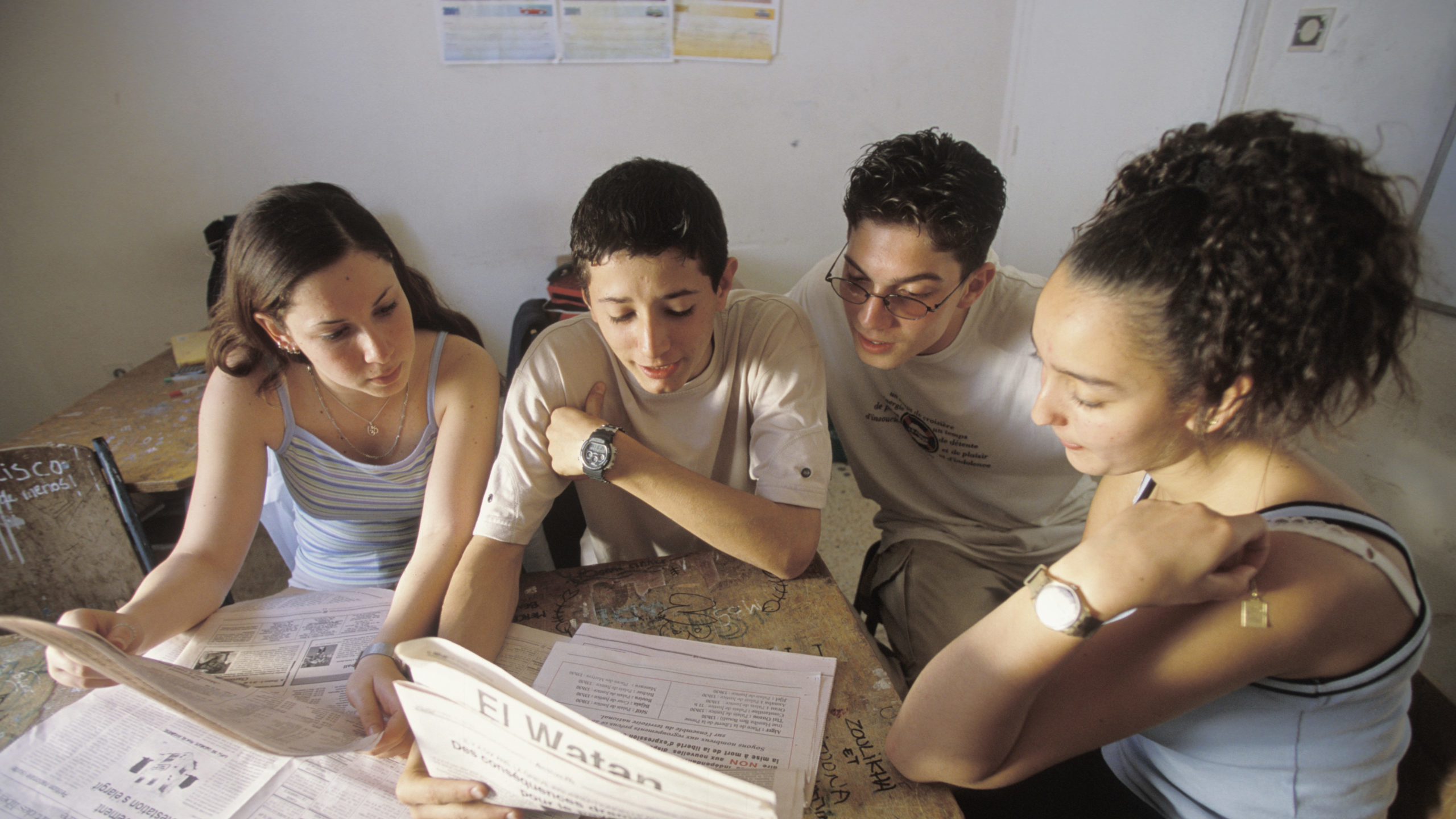resource
In Chile, indigenous Mapuche teenagers are caught in a deadlock between, on the one hand, parental aspirations and neo-liberal educational processes, and on the other, affective and social ties to a radicalised and often stigmatised indigenous population and landscapes. The paper draws on the concept of vital conjuncture, to explore the contradictions facing youth in transitions to adulthood and to consider the spatial–territorial dynamics through which these contractions are expressed.
The paper explores young indigenous rural secondary students’ understandings of their life trajectories and socio-political conjunctures. The paper shows that although indigenous young people express aspirations and even hope regarding their futures, these expressions are best analysed in the context of ongoing racial exclusions, and the emotionally freighted situation this places them in regarding ties to indigenous communities and family members. Drawing on one year’s in-depth qualitative research, the paper outlines the beliefs, practices and identities of rural Mapuche youth subjects caught between parents’ experiences, and the Chile they want to inhabit with jobs, status and opportunity. The paper argues that vital conjunctures are not singular moments of modern historical ‘events’, as they have tended to be construed in the previous literature. Rather, vital conjunctures arise from and directly engage longer-term histories, not least in contexts of the global South where postcolonial exclusion occurs.






